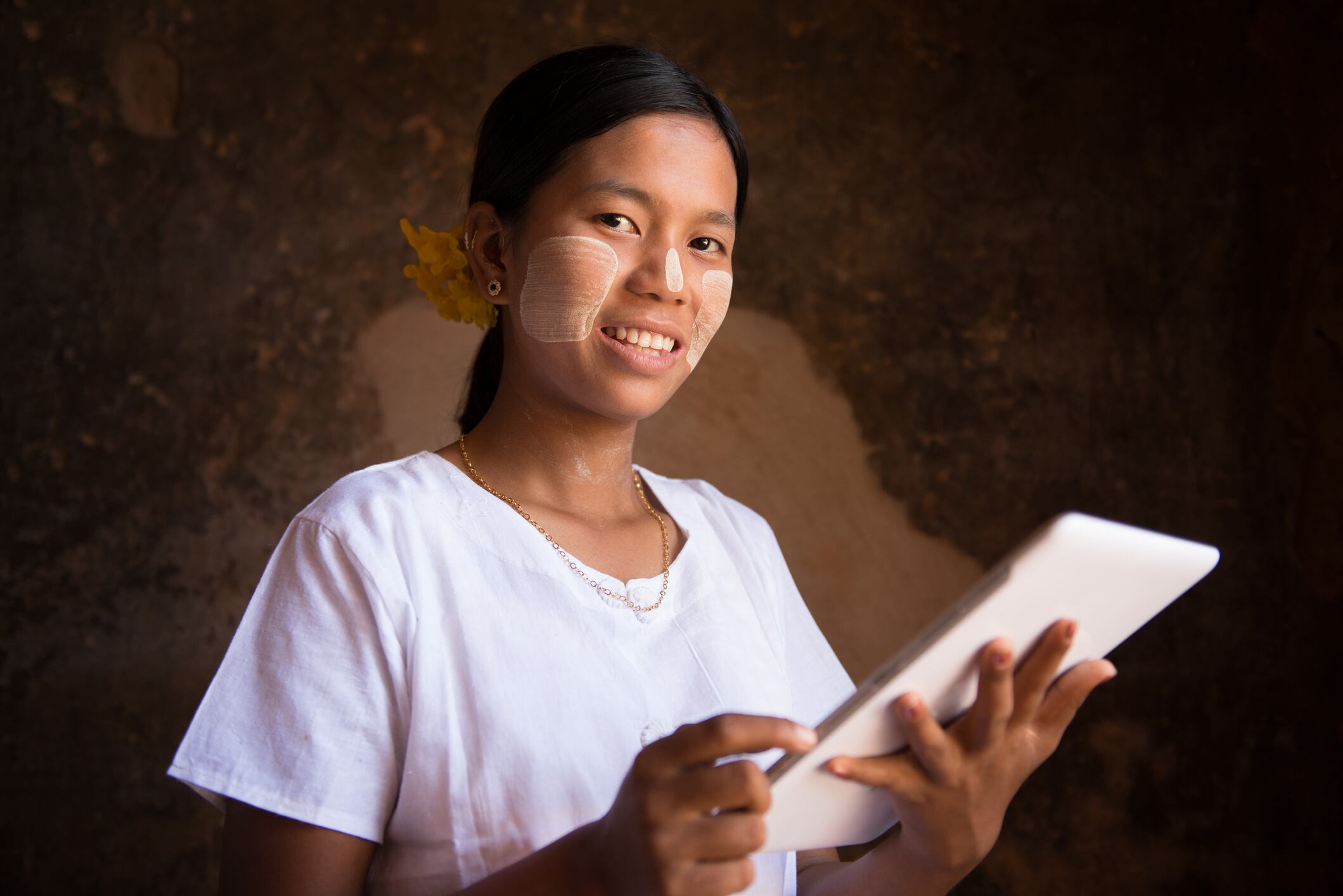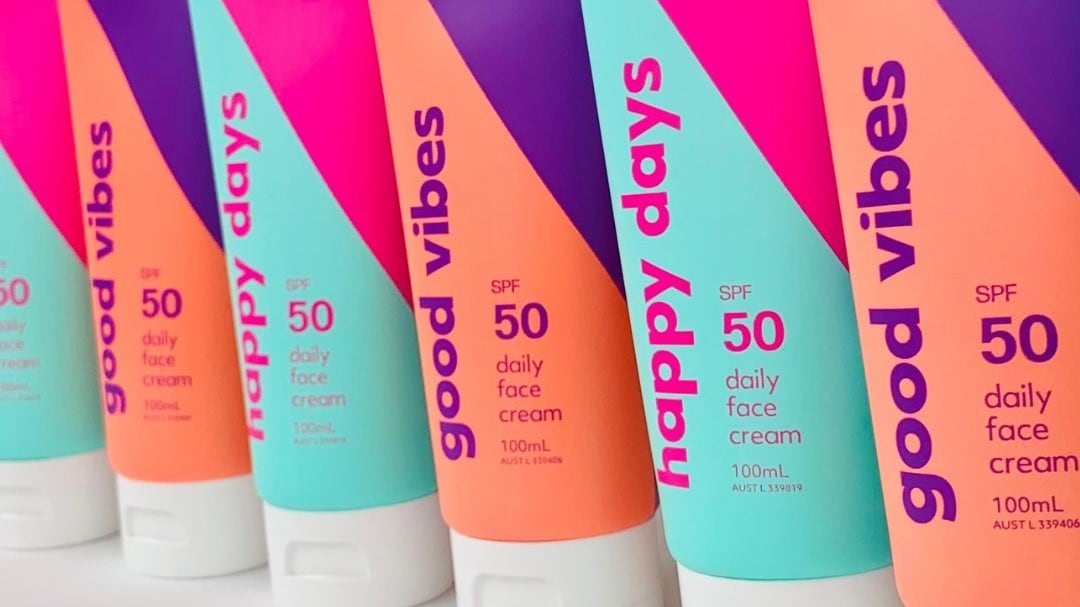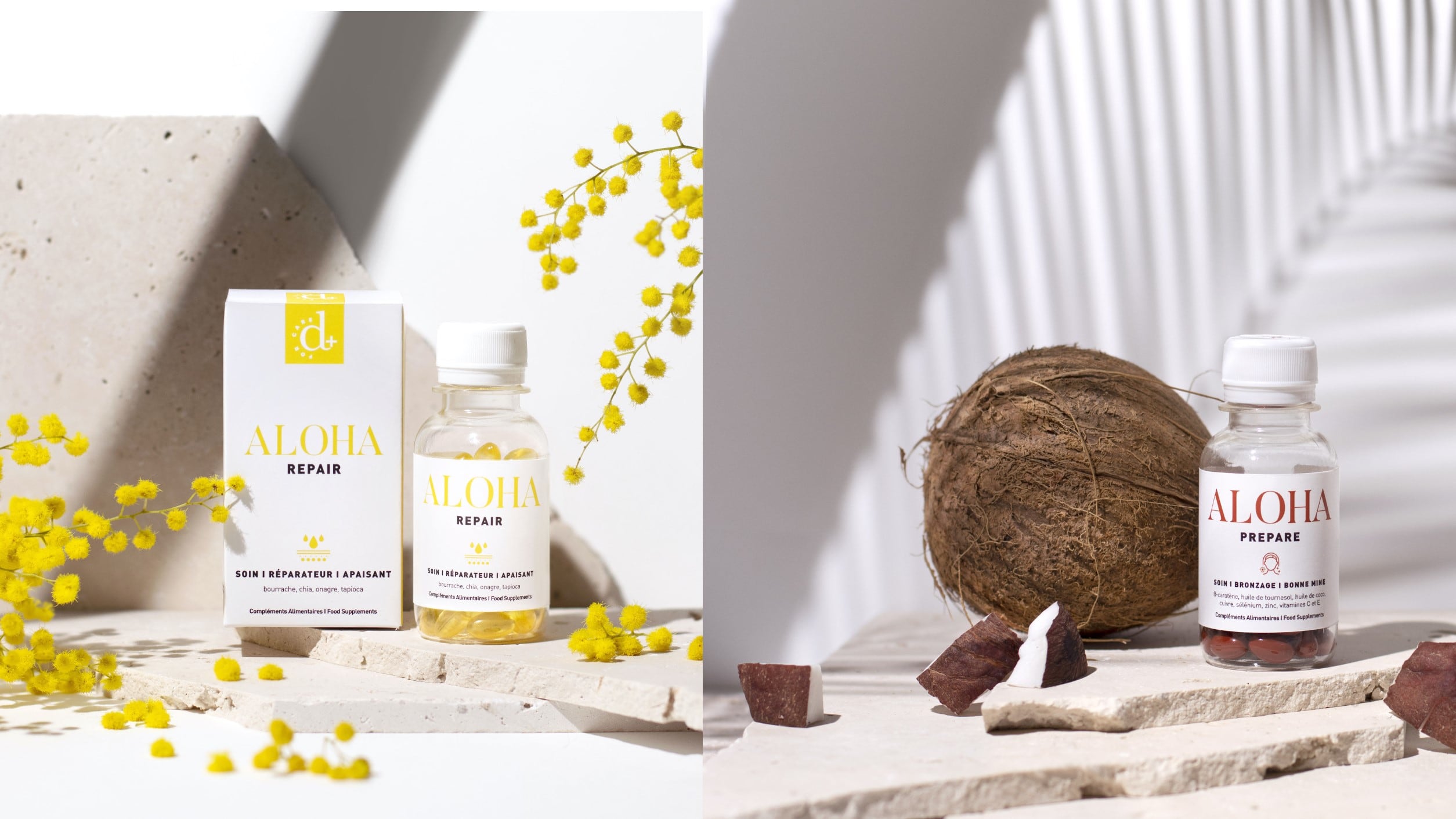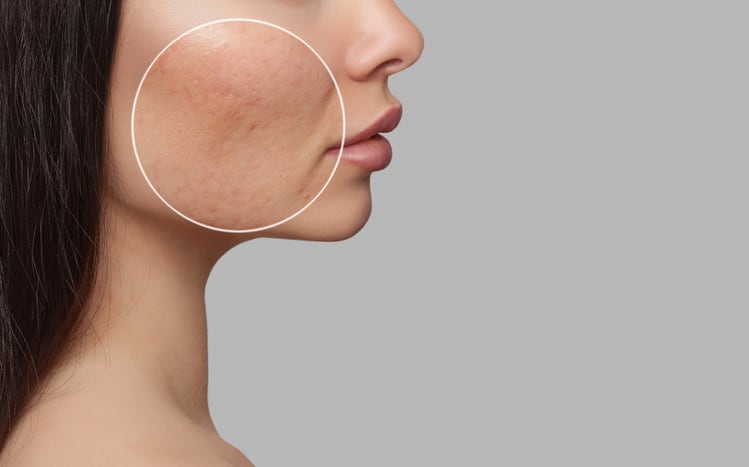Writing in the journal Cosmetics, the scientists note that extracts from the tree have been used in tradition skincare for anti-aging, sun protection, and acne treatments for over 2,000 years.
“Natural sunscreens have attracted enormous interests as a potential replacement for sun protection products made using synthetic chemicals such as oxybenzone that would cause health issues and damage to the environment,” wrote the reviewers.
Thanaka
Thanaka refers to a common Southeast Asia tree and is also known as Hesperethusa crenulata (syn. Naringi crenulata) and Limonia acidissima L.
Today, there are many brands in Malaysia, Myanmar, and Thailand that produce Thanaka “cosmeceutical” products, explained the reviewers, including Thanaka Malaysia and Bio Essence in Malaysia, Shwe Pyi Nann and Truly Thanaka from Myanmar, and Suppaporn and De Leaf from Thailand.
“Shwe Pyi Nann Co. Ltd. is the leading manufacturer and exporter of Thanaka to Thailand, Malaysia, Singapore and the Philippines,” they added.
“The Burmese apply Thanaka powder directly onto their skin as sunscreen. However, the yellow patches left on the cheek are not widely accepted by other countries except Myanmar,” explained the reviewers. “Hence, to benefit more people with the natural sunscreen, Thanaka skincare products such as soap, loose powder, foundation powder, face scrub, body lotion and face scrub are produced.
“In order to meet the consumers and market demand, Thanaka is also formulated into cleanser, serum, moisturiser, acne spot treatment cream and tone up cream. Most of the manufacturers add active ingredients such as vitamins, collagen and hyaluronic acid to increase the synergic effect and provide treatment to various skin conditions.”
Chemistry and biological activity
The review goes on to explain that extracts have been prepared and characterized from a range of plant parts, including stem bark, leaves, and fruit, with alkaloids, flavonoids, flavanones, tannins, and coumarins being just some of the bioactives characterized.
“… most authors utilized organic solvents such as hexane, chloroform, ethyl acetate, ethanol and methanol,” they noted. “Thus, the use of green solvents (such as glycerol) in extracting bioactive ingredients may be a good alternative to organic solvents in the extraction of natural products, particularly, in the development of skincare products.”
The literature details that different Thanaka extracts may offer a range of potential health benefits, including antioxidant, anti-ageing, anti-inflammatory, anti-melanogenic and anti-microbial properties.
The reviewers said that by bringing the science together for their review, they hope this will “serve as a reference for the development of skincare products containing Thanaka, particularly, sunscreen.”
Source: Cosmetics
2021, 8(3), 68; doi: 10.3390/cosmetics8030068
“Thanaka (H. crenulata, N. crenulata, L. acidissima L.): A Systematic Review of Its Chemical, Biological Properties and Cosmeceutical Applications”
Authors: M.W. Lim et al.





